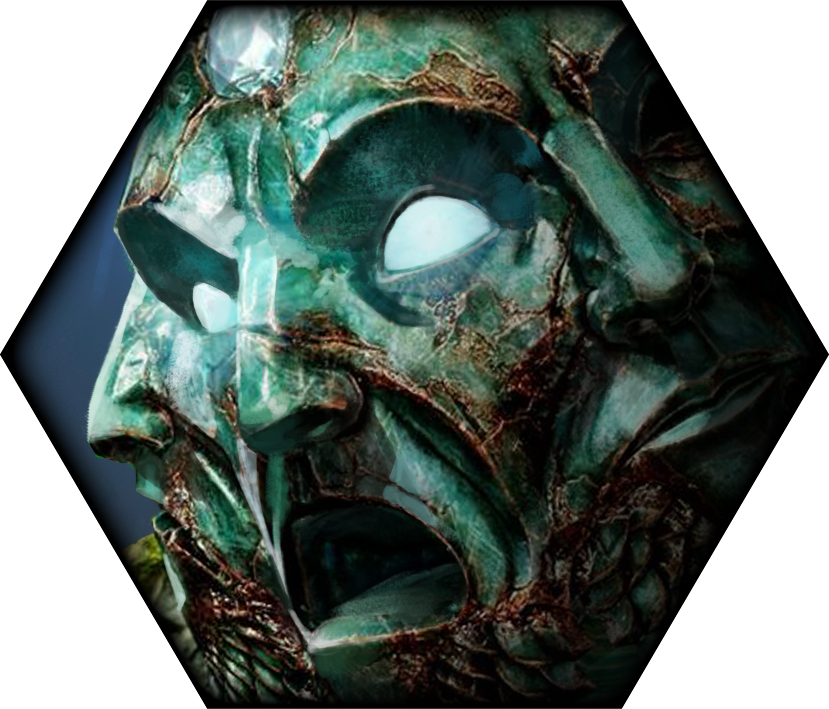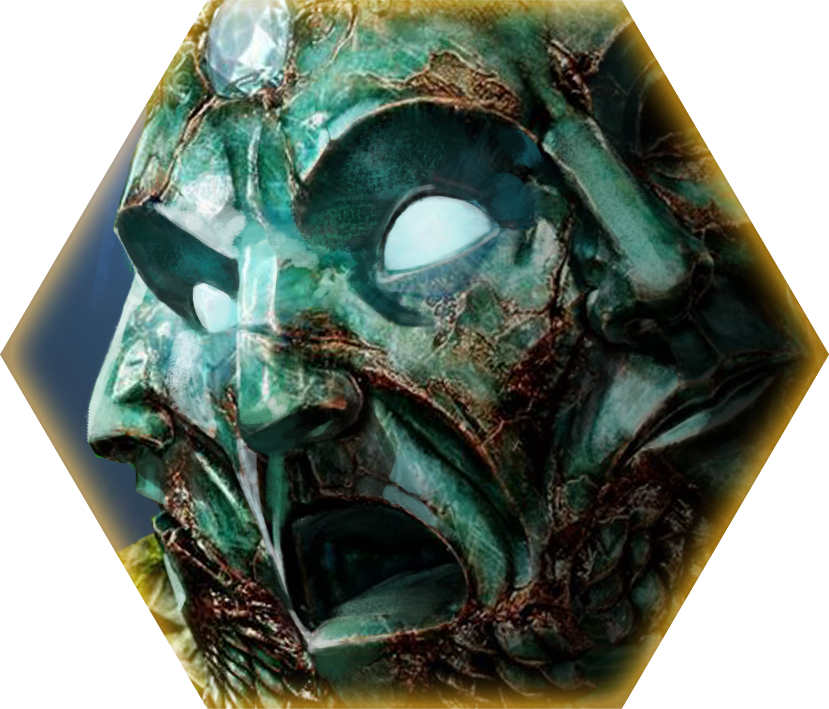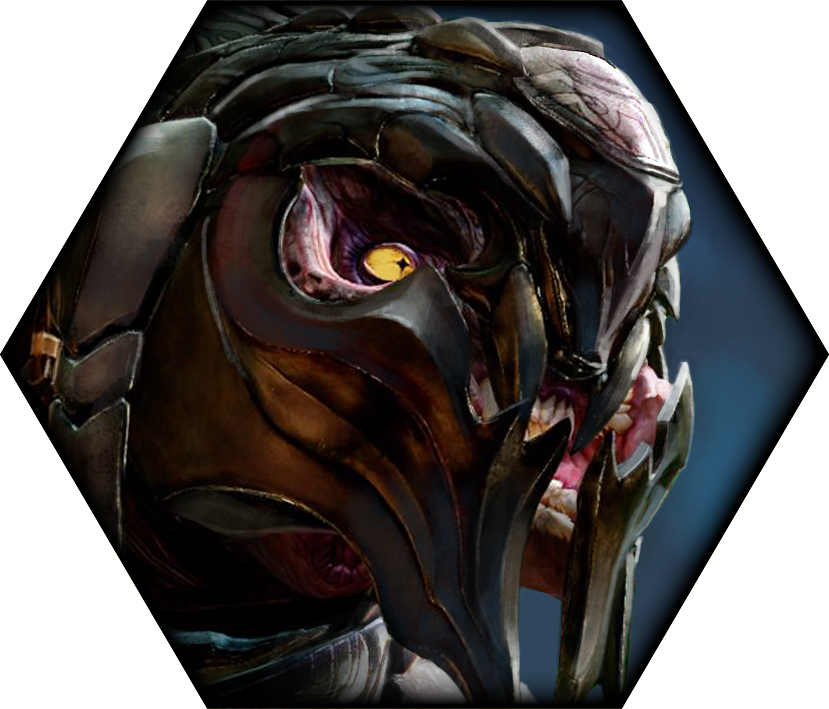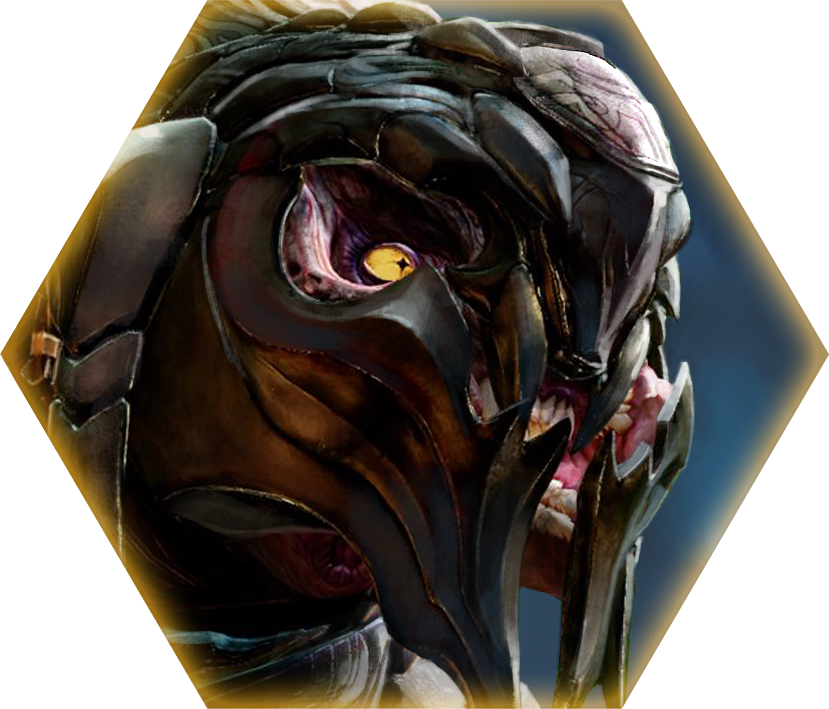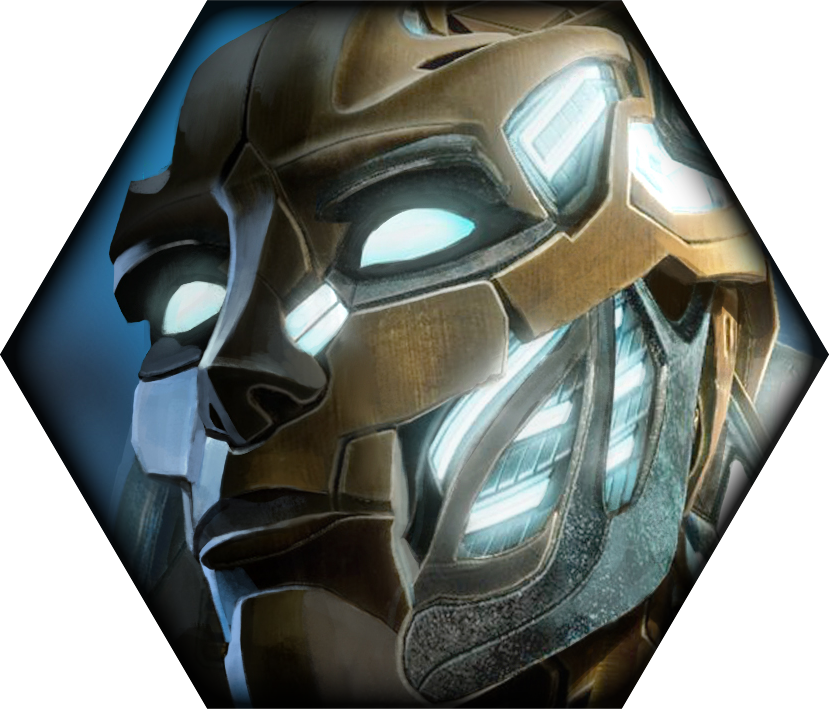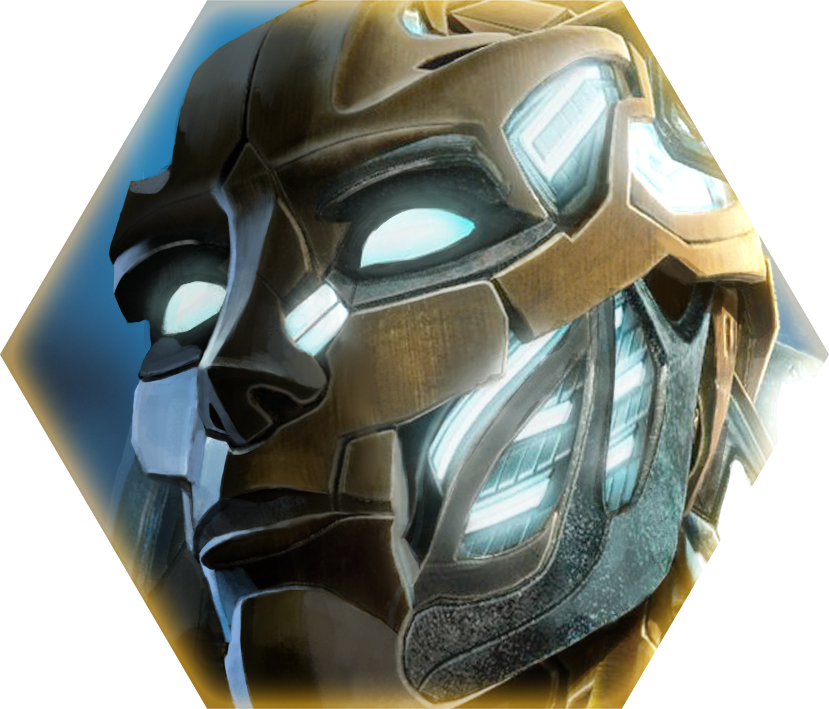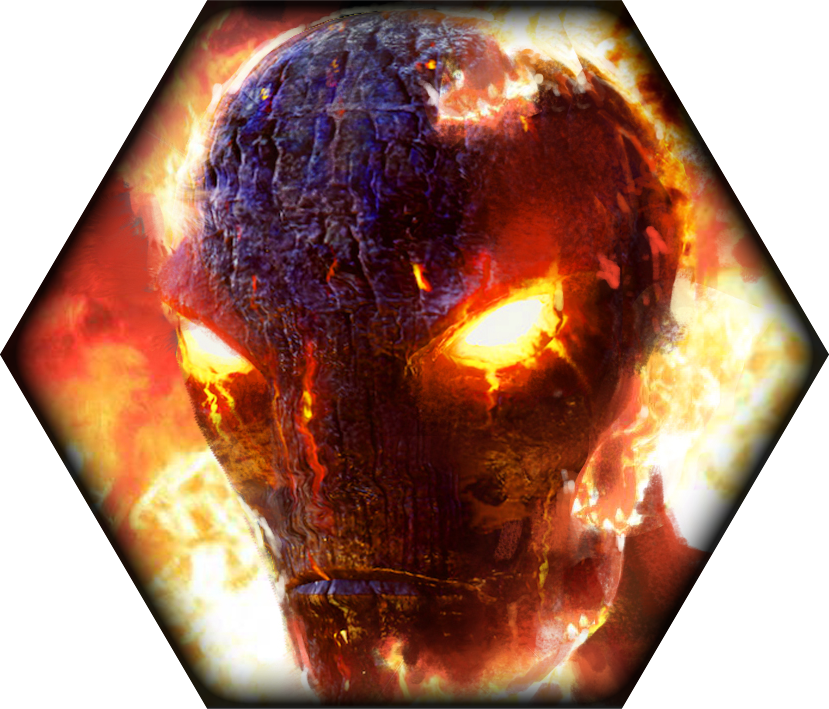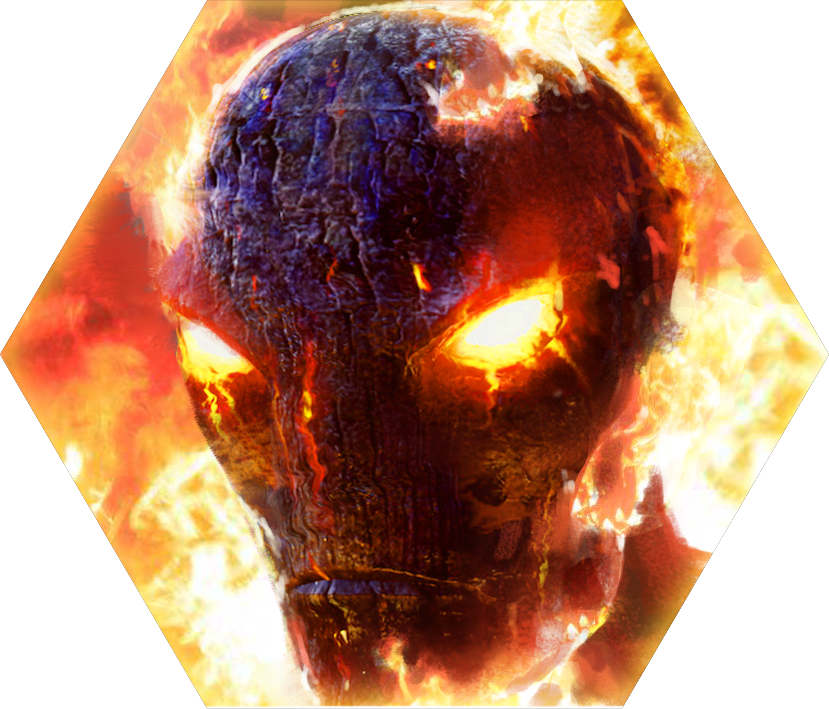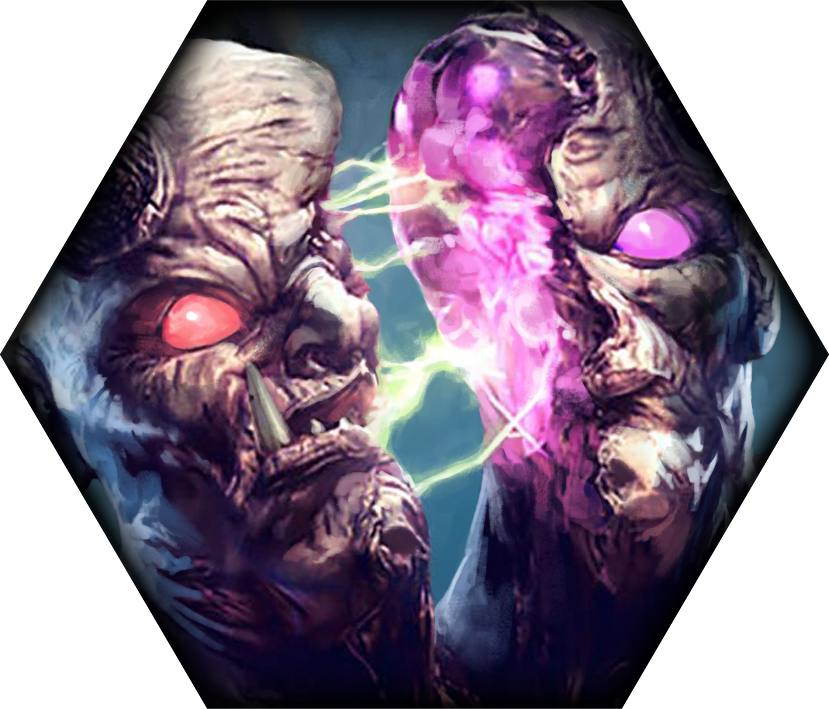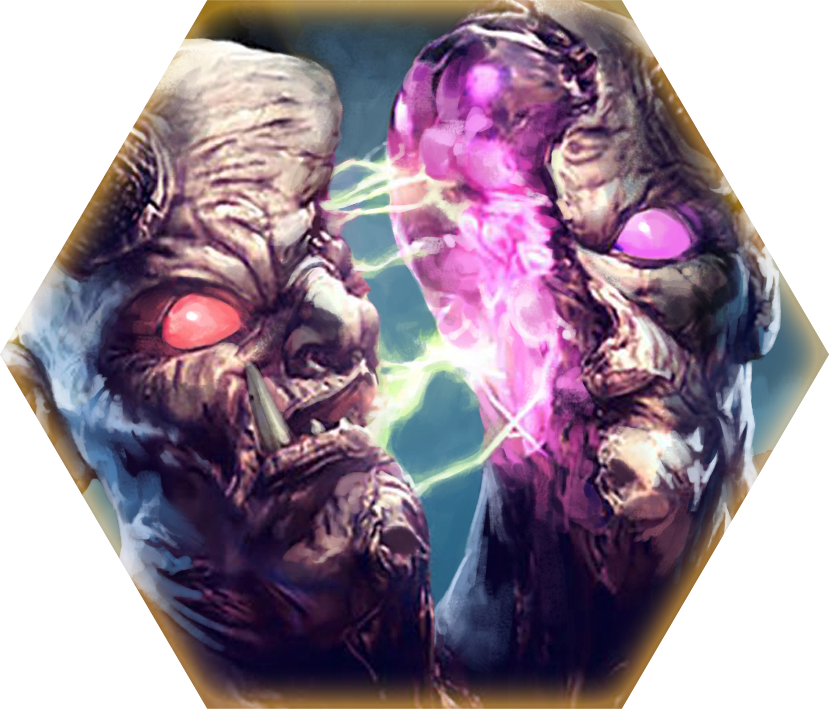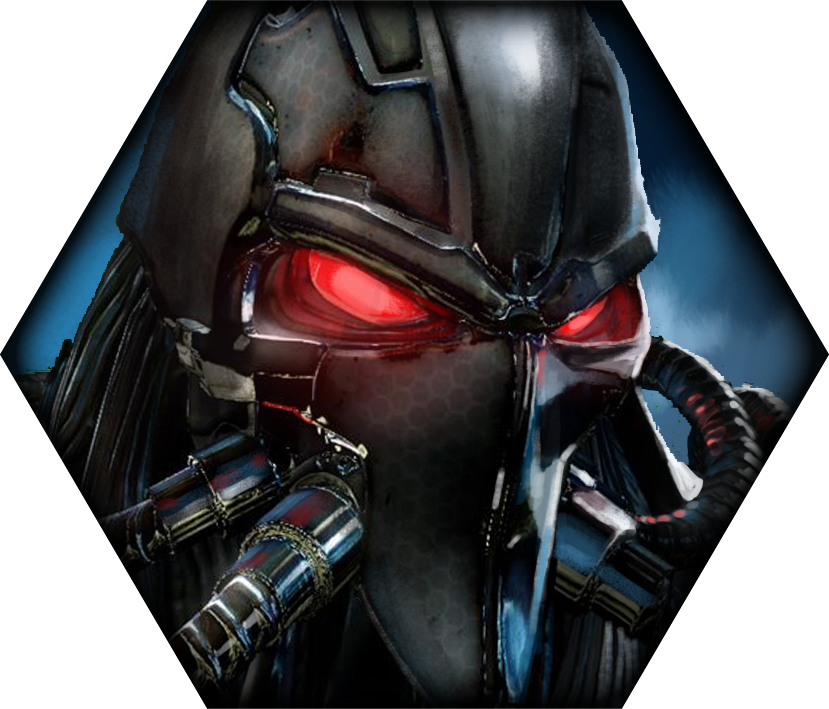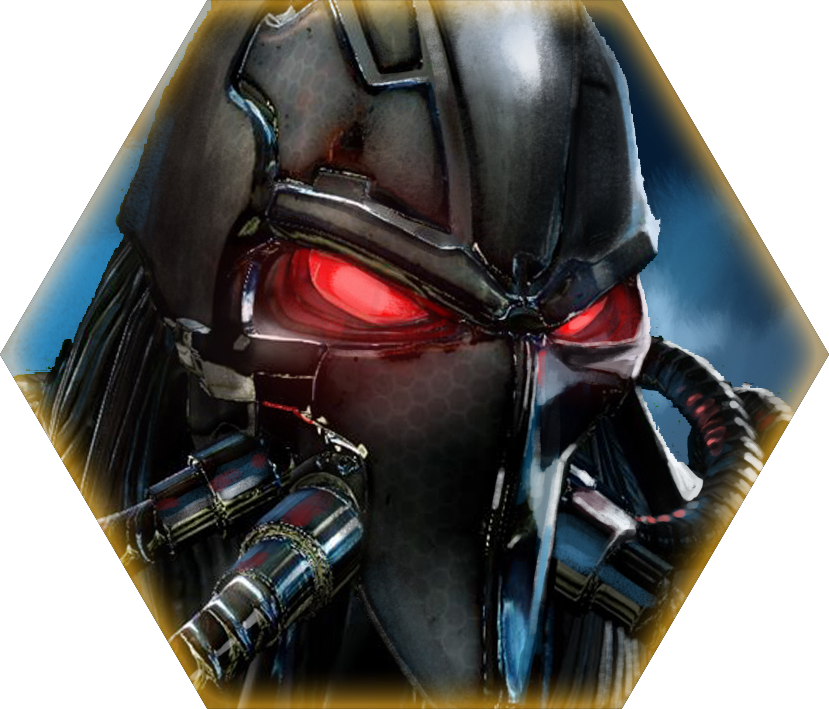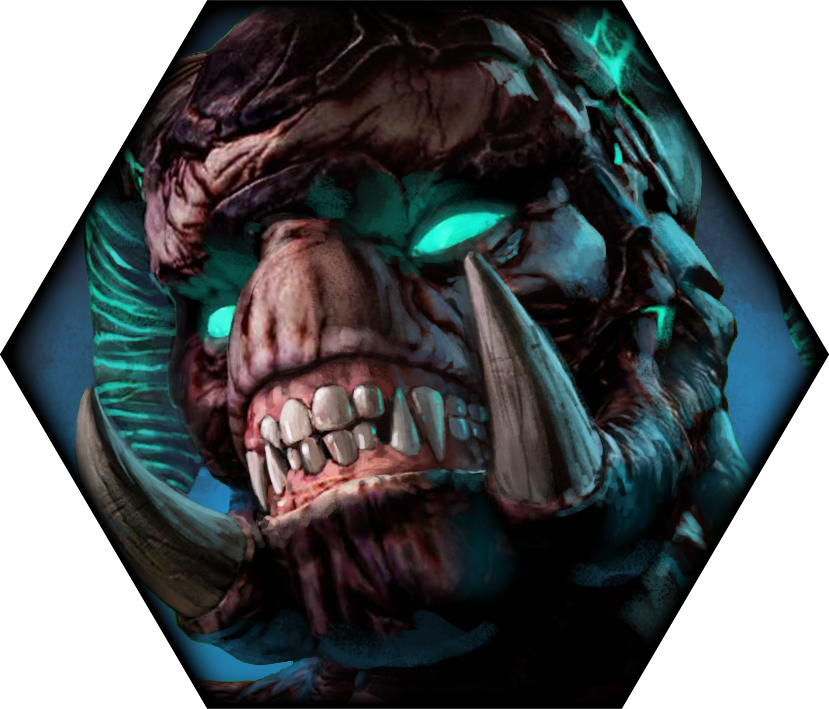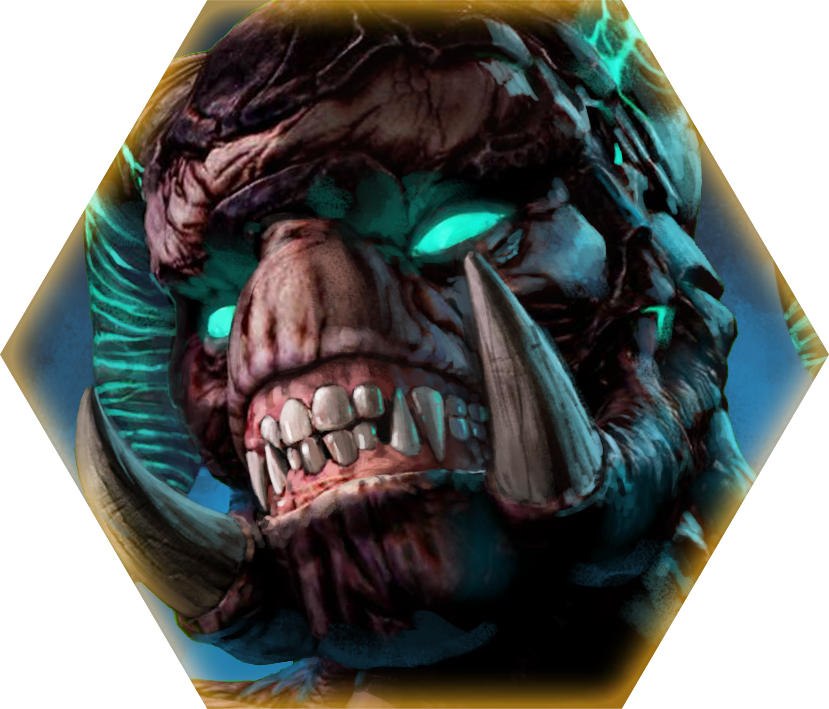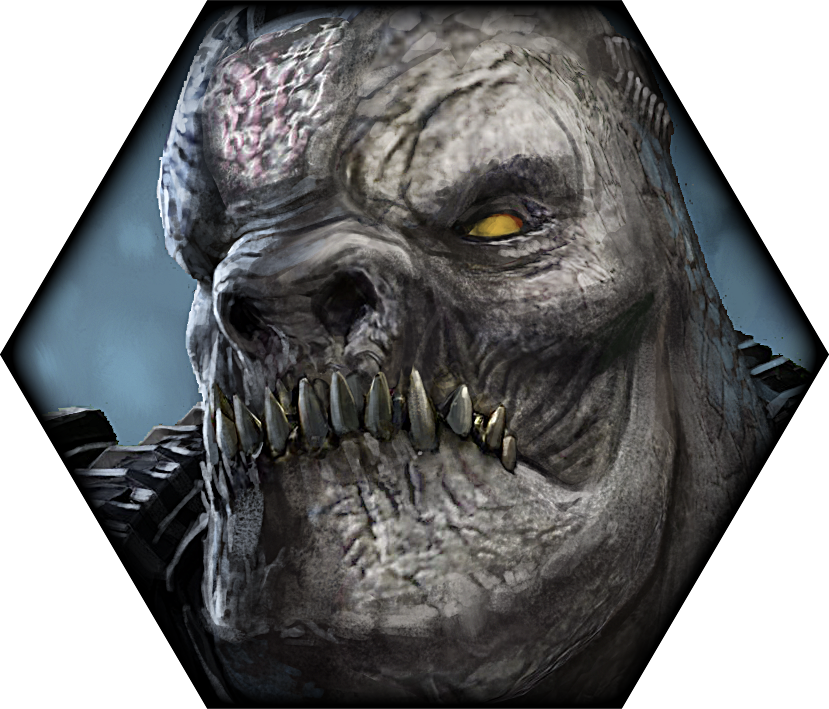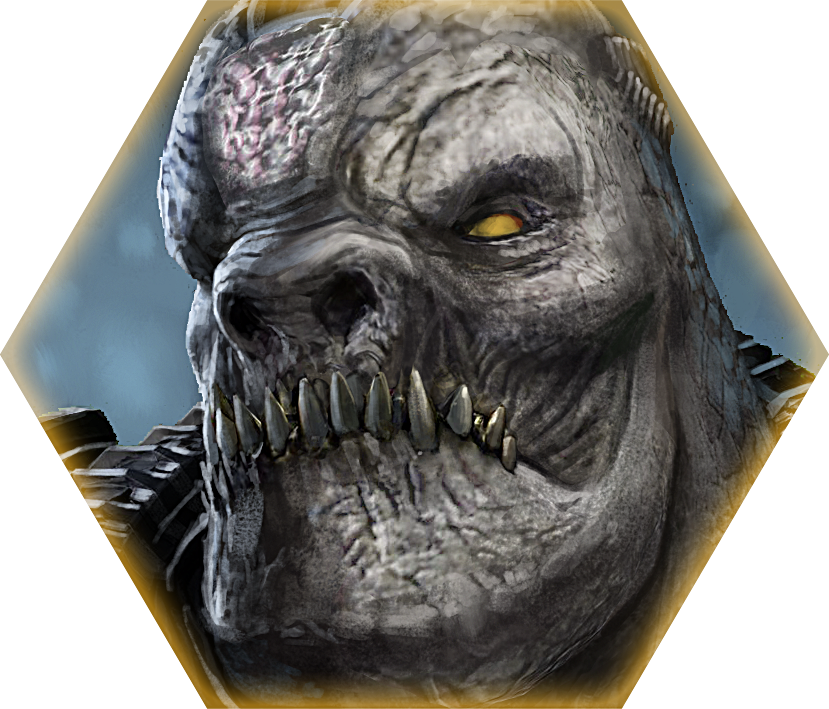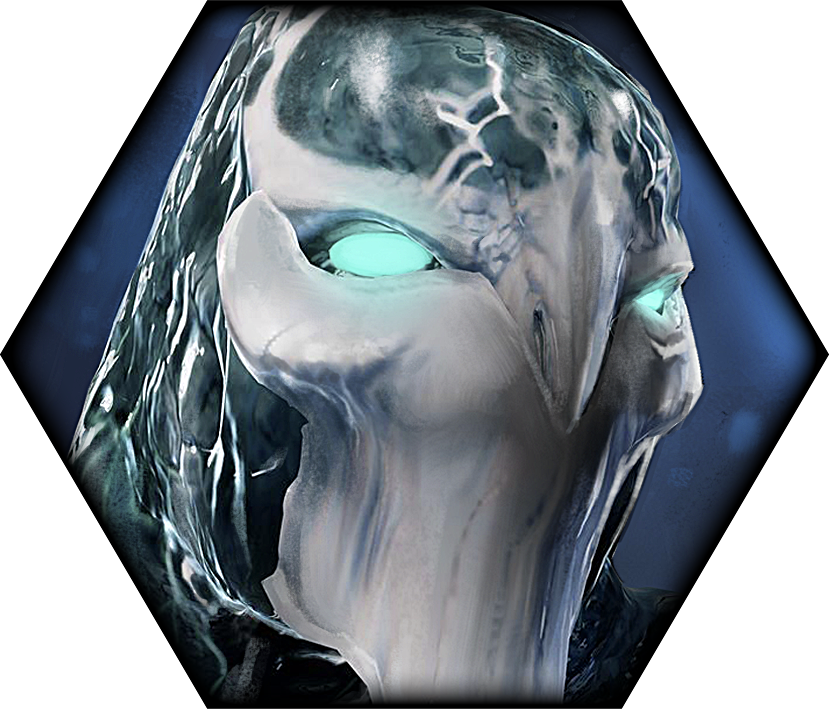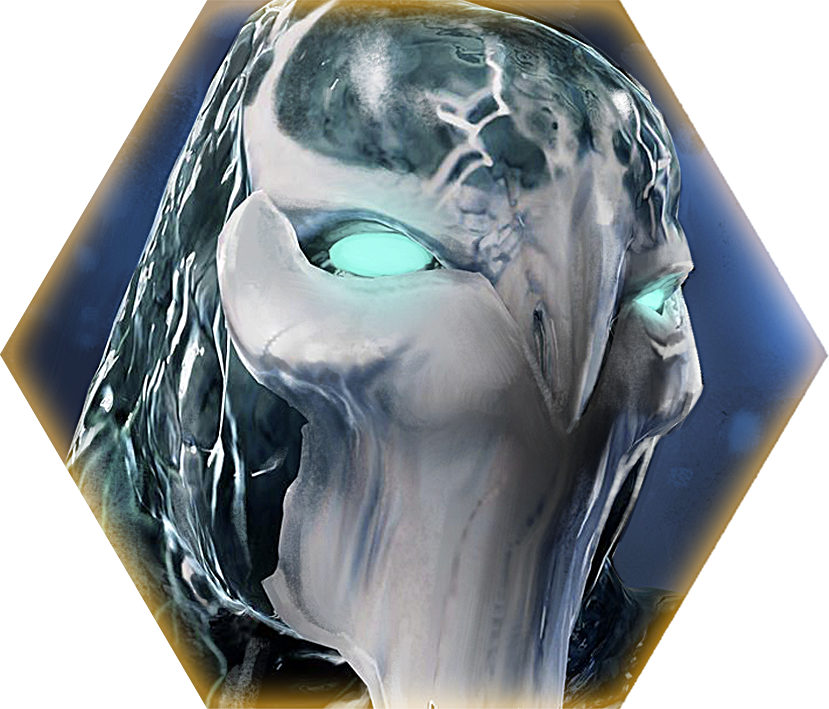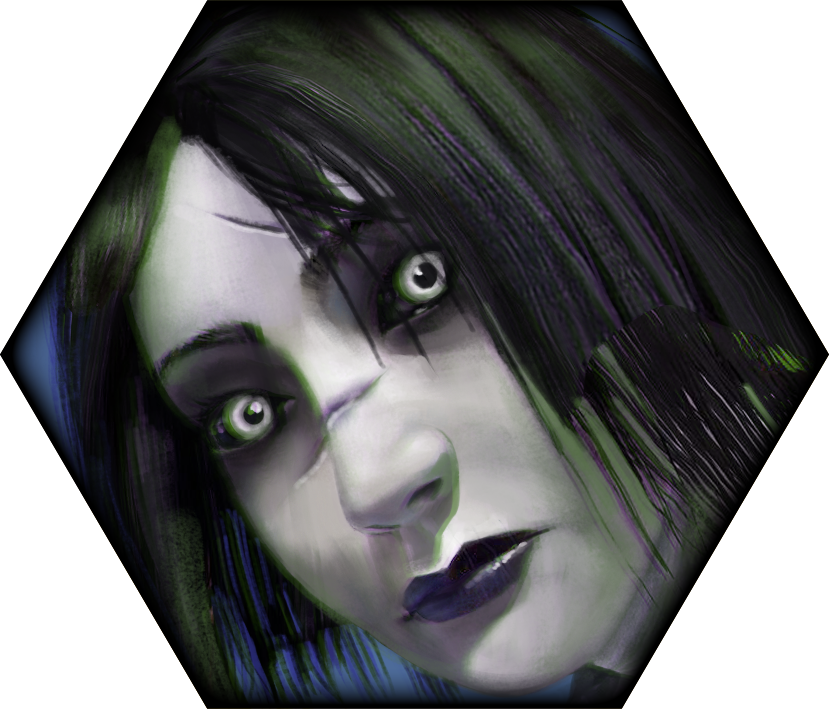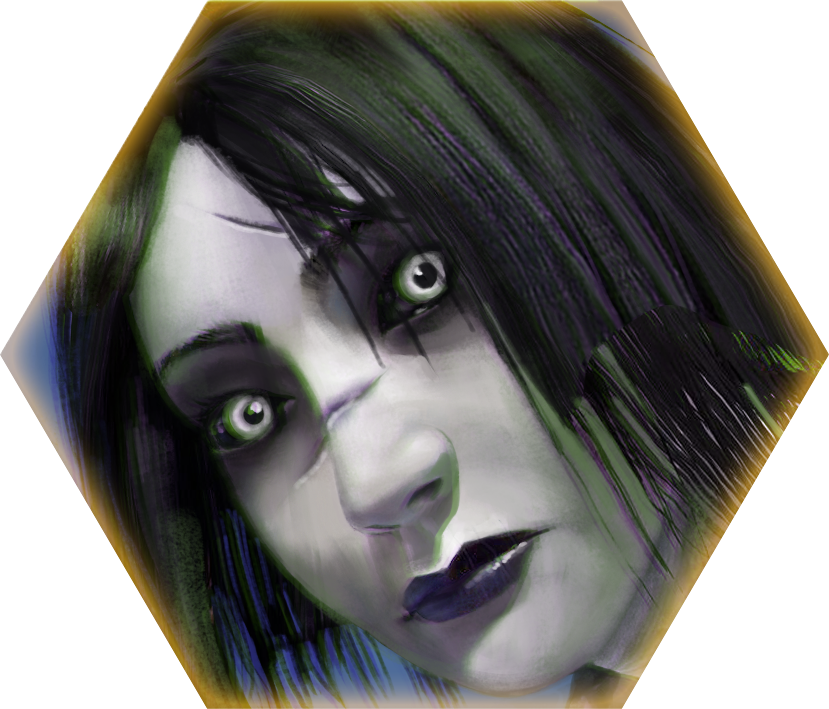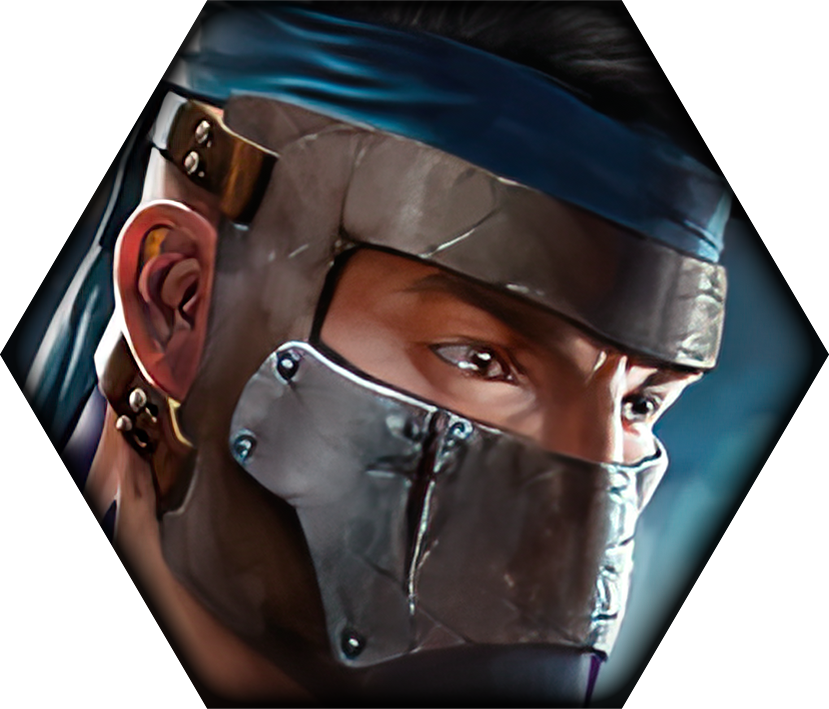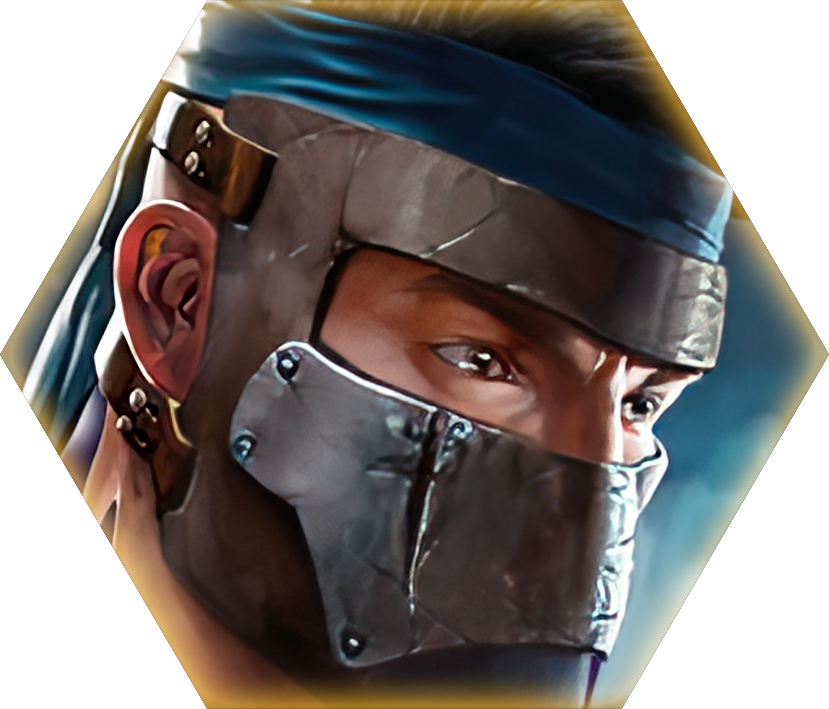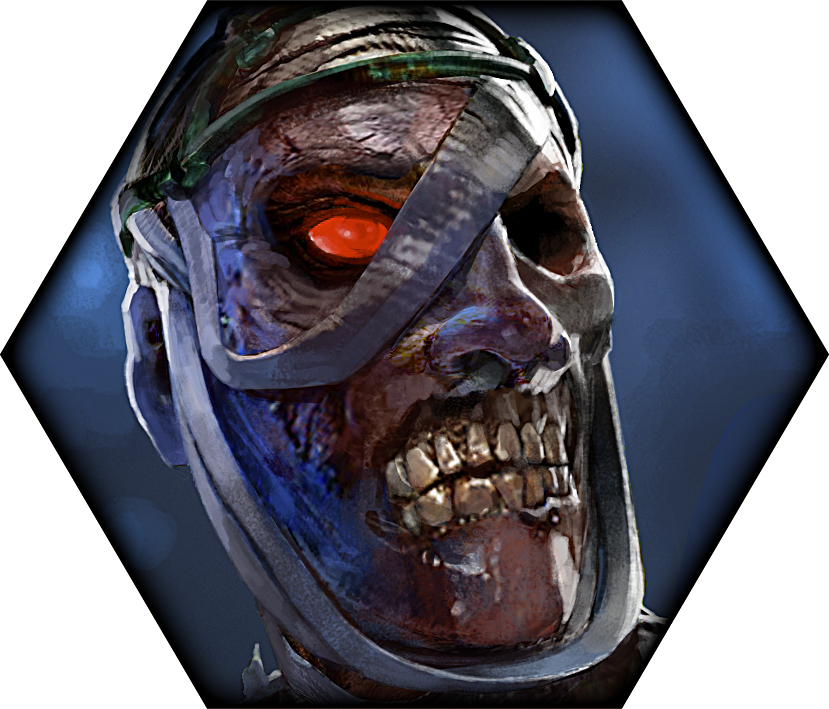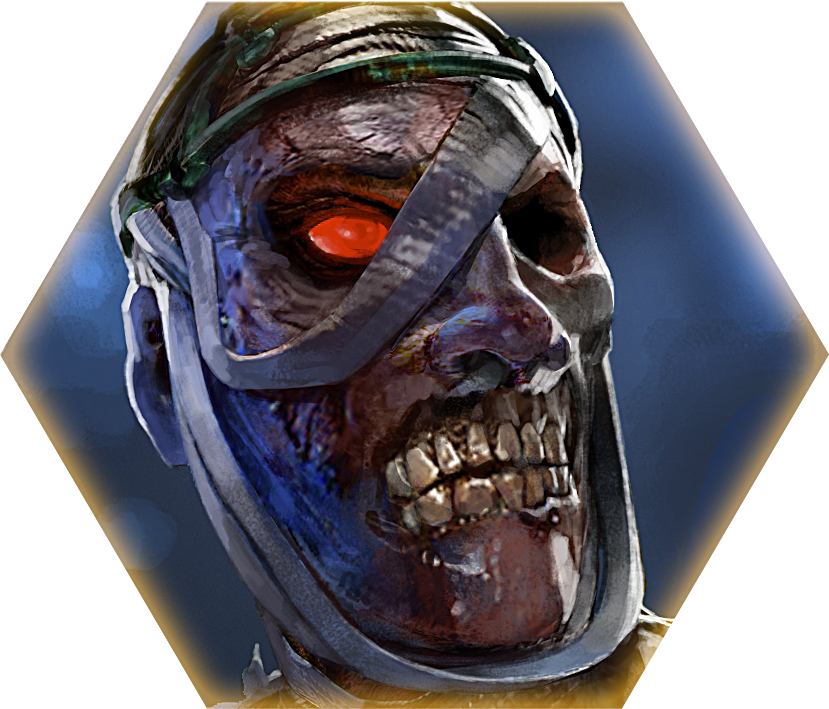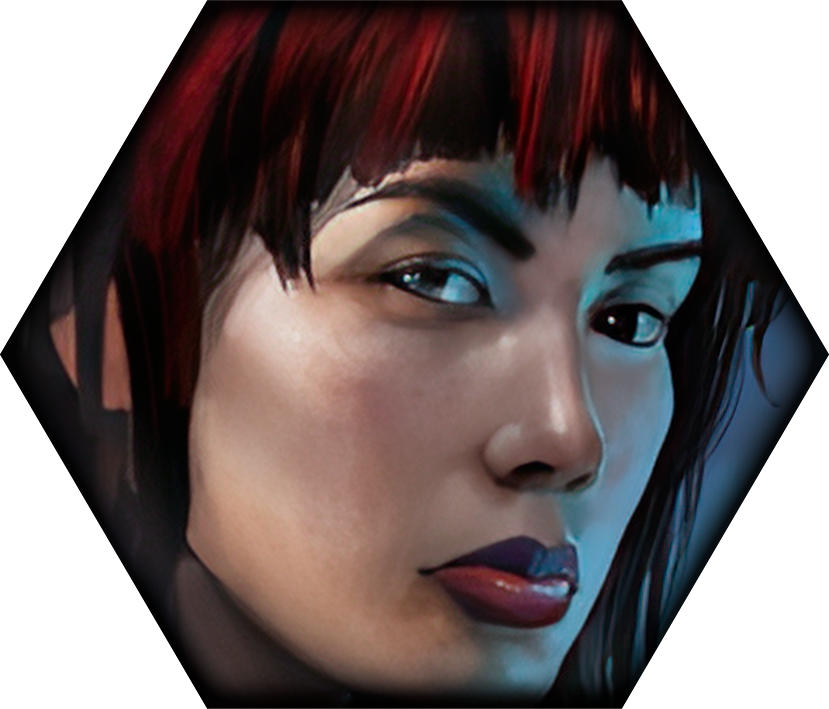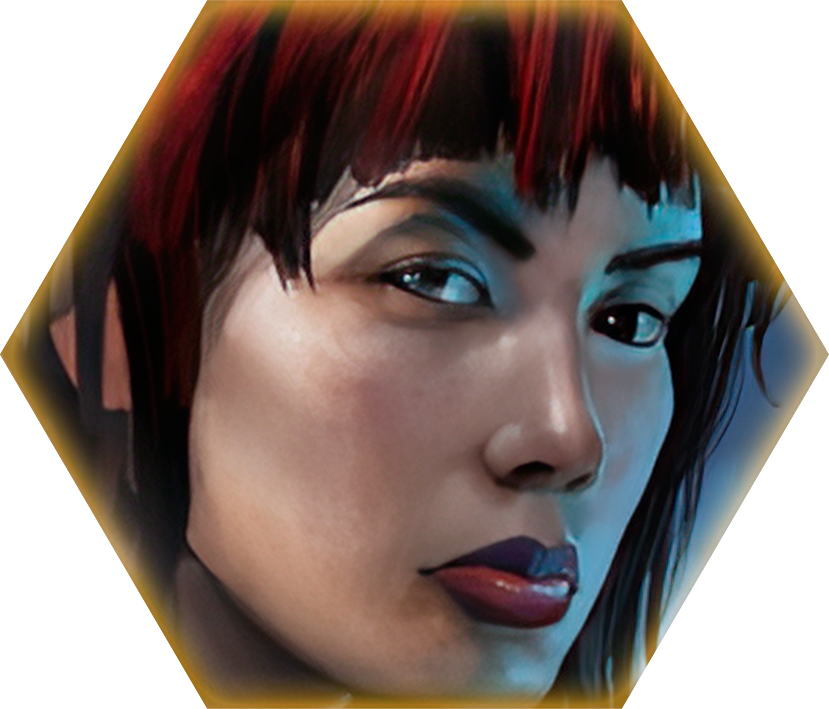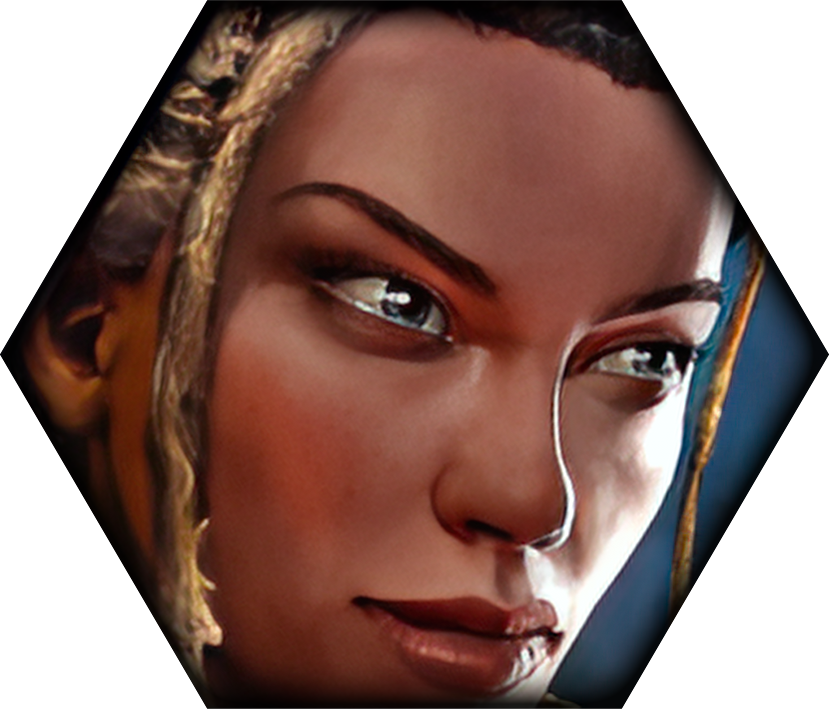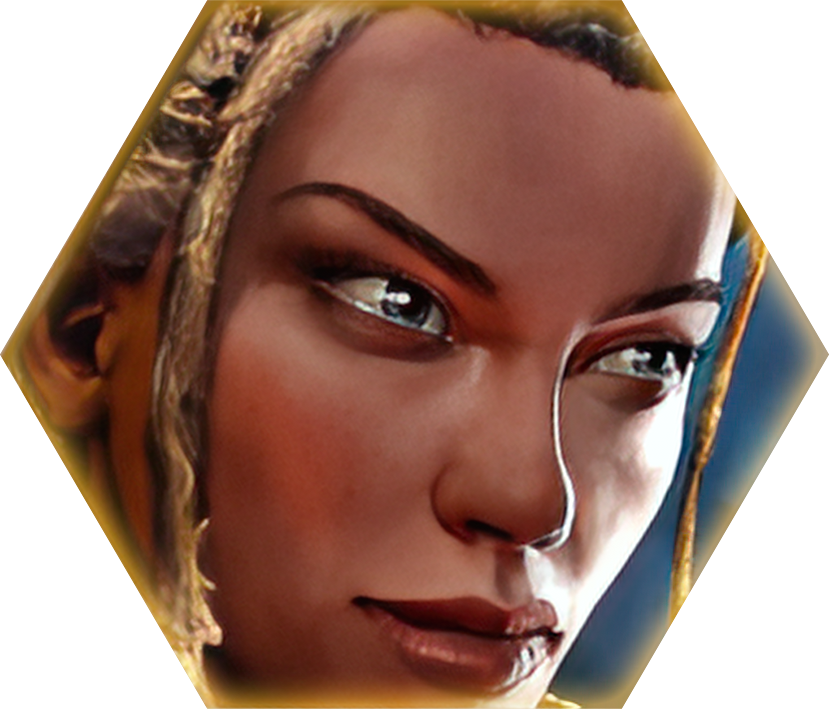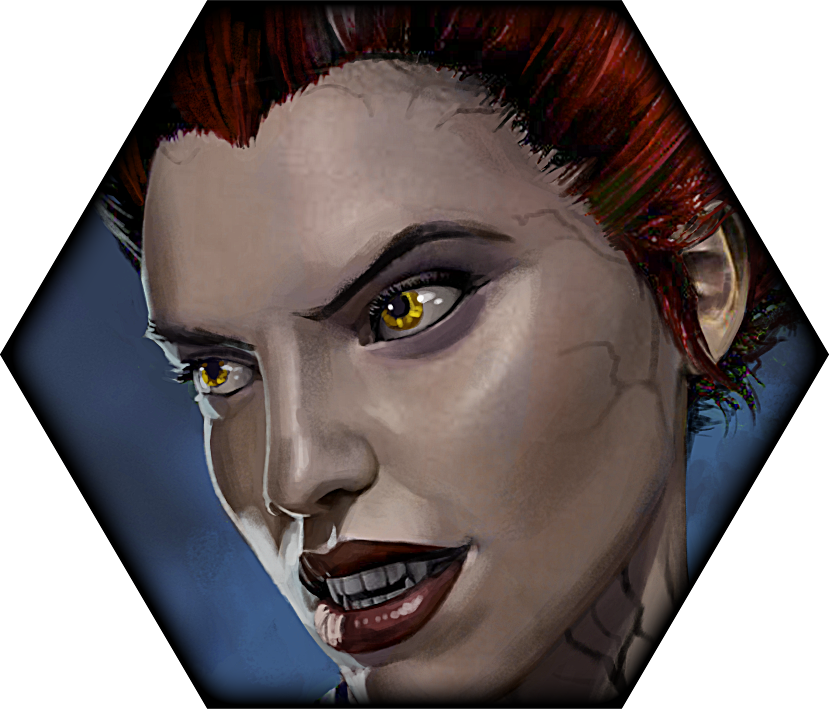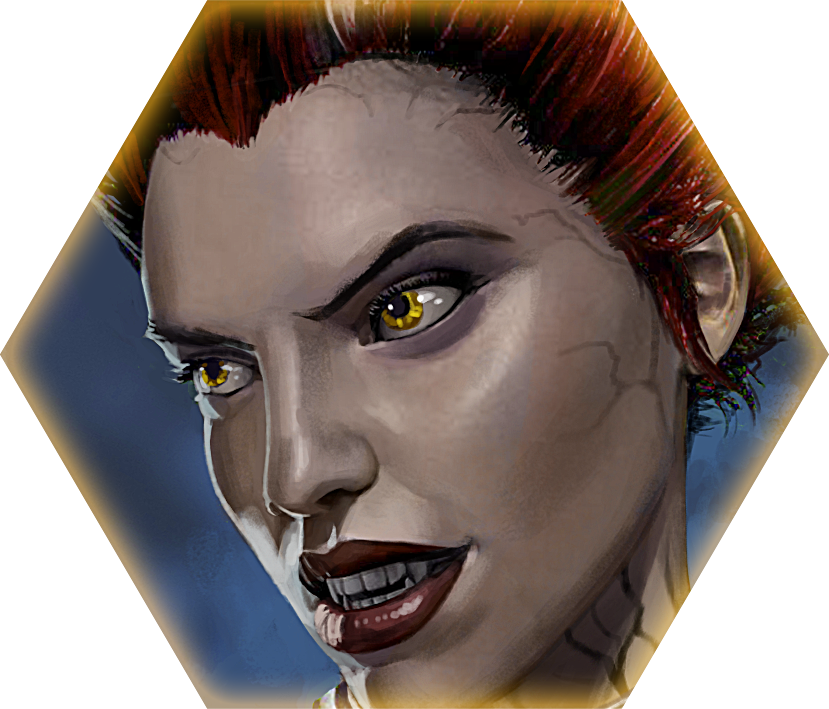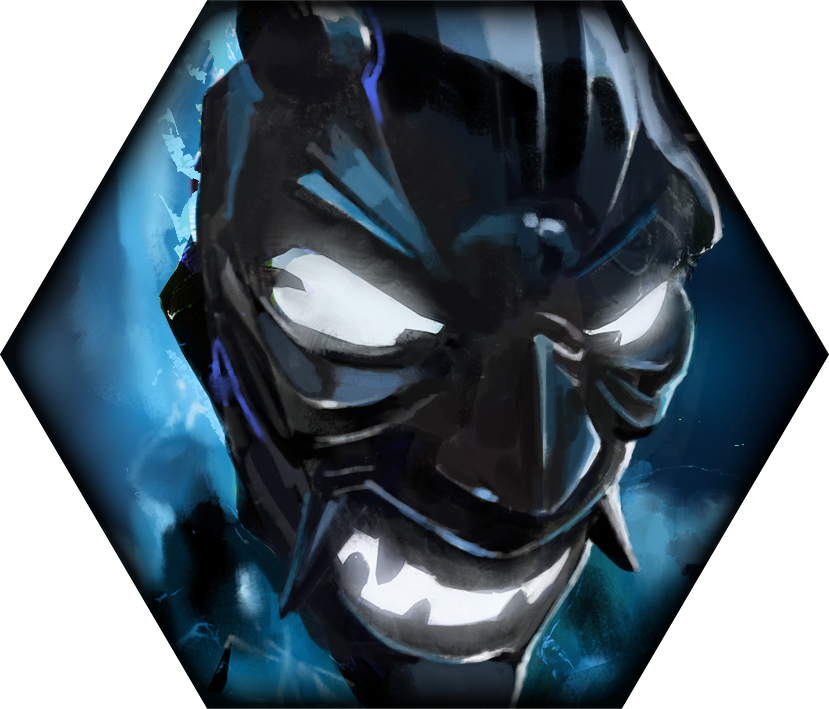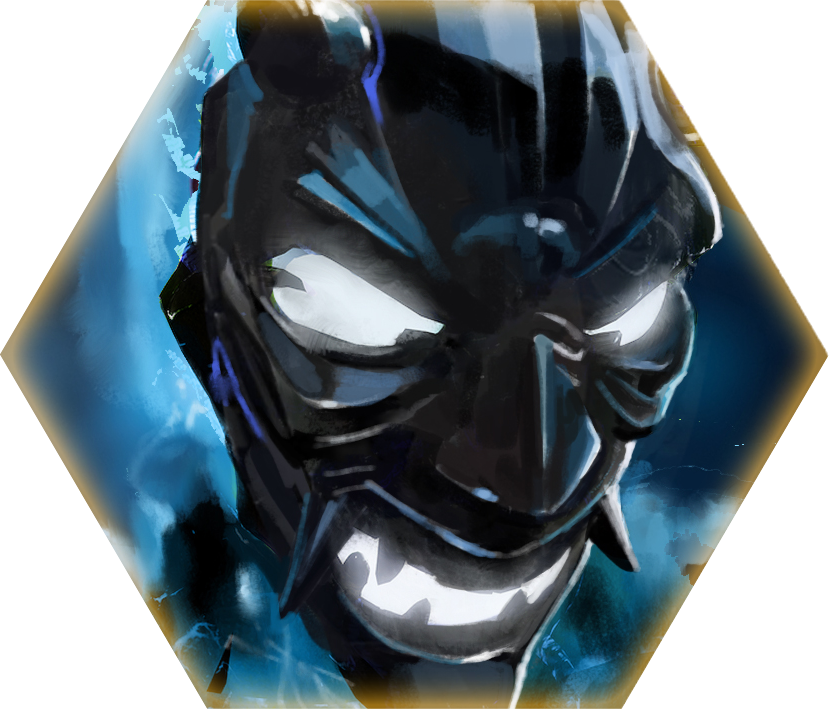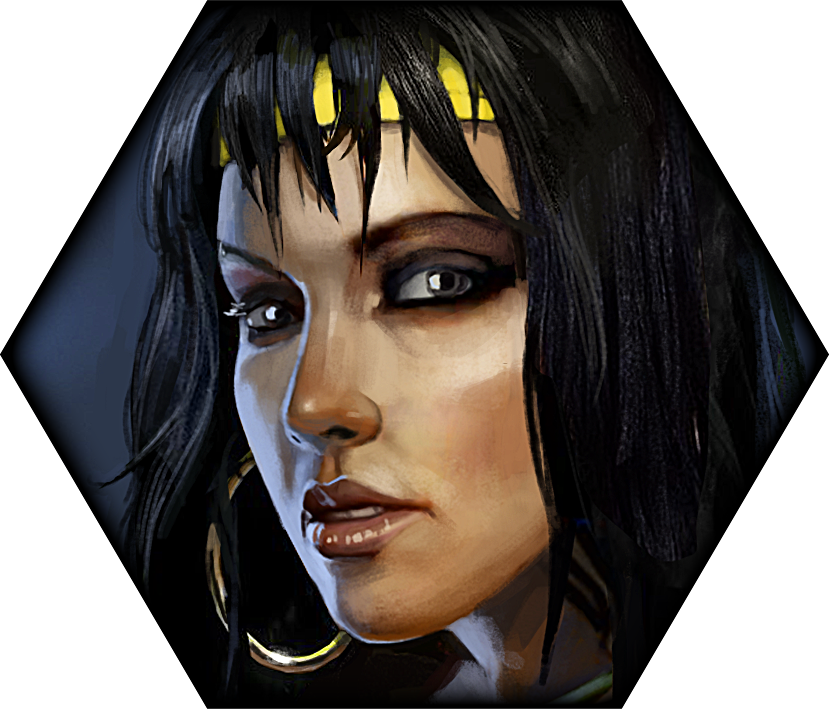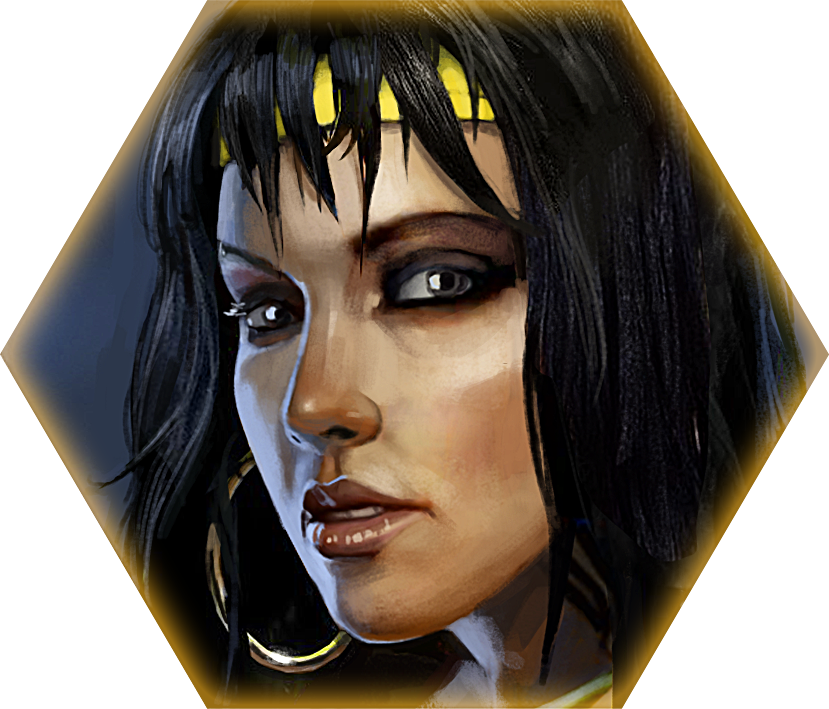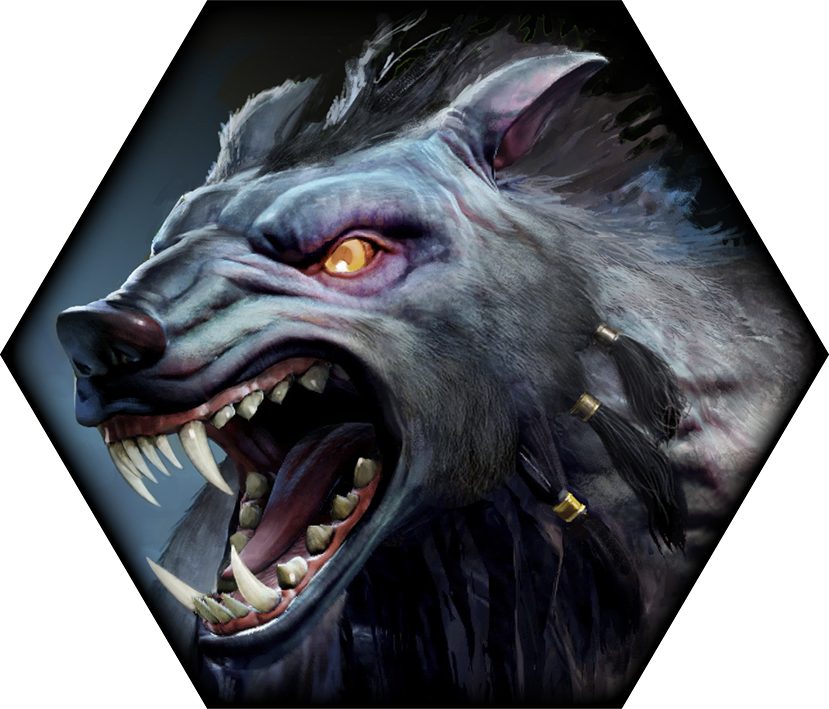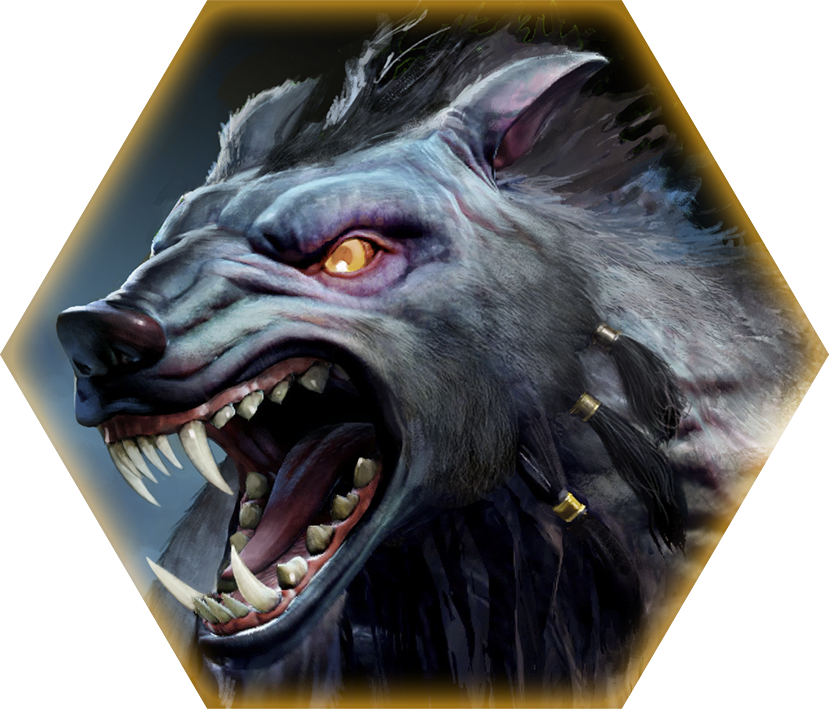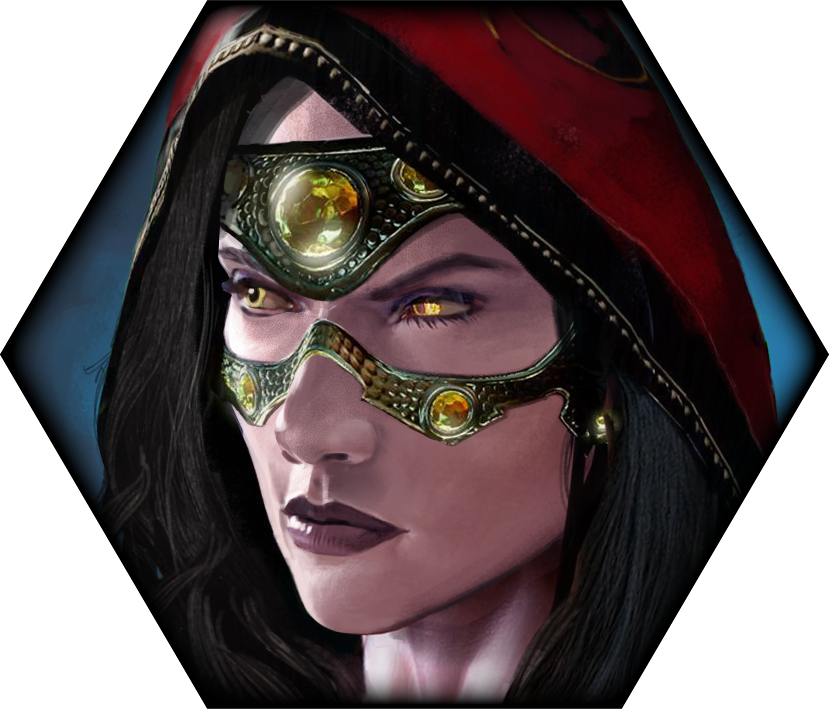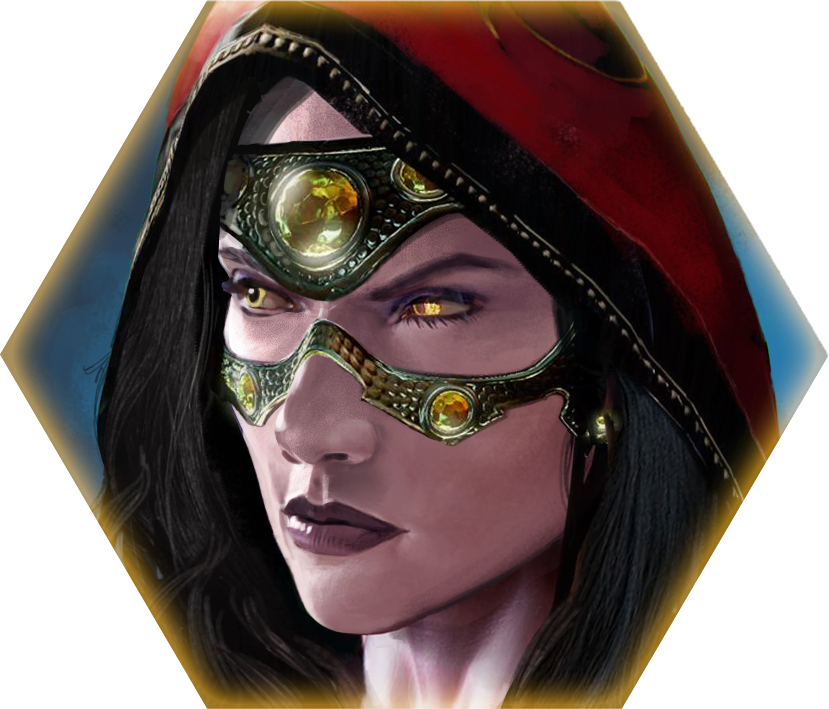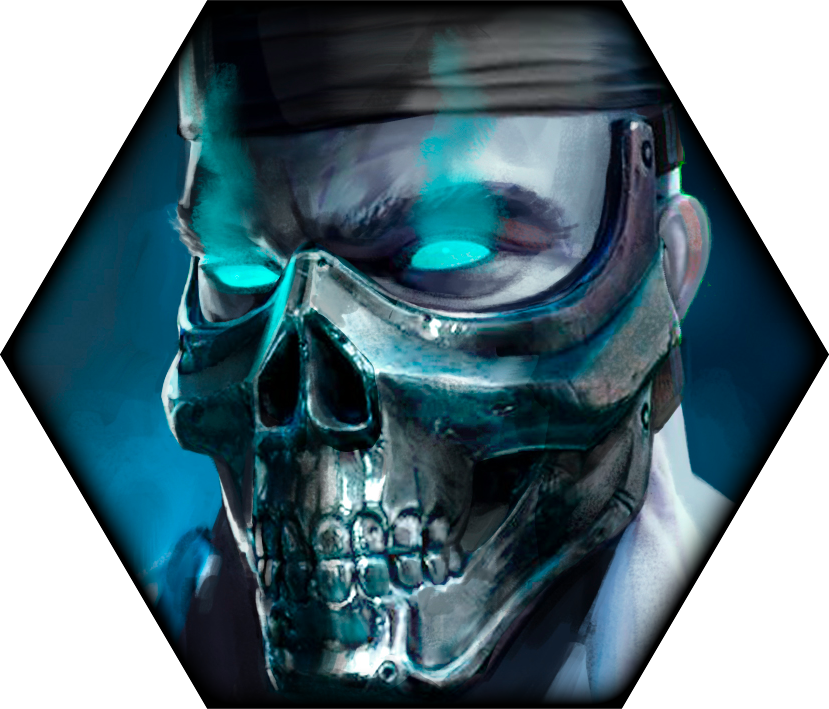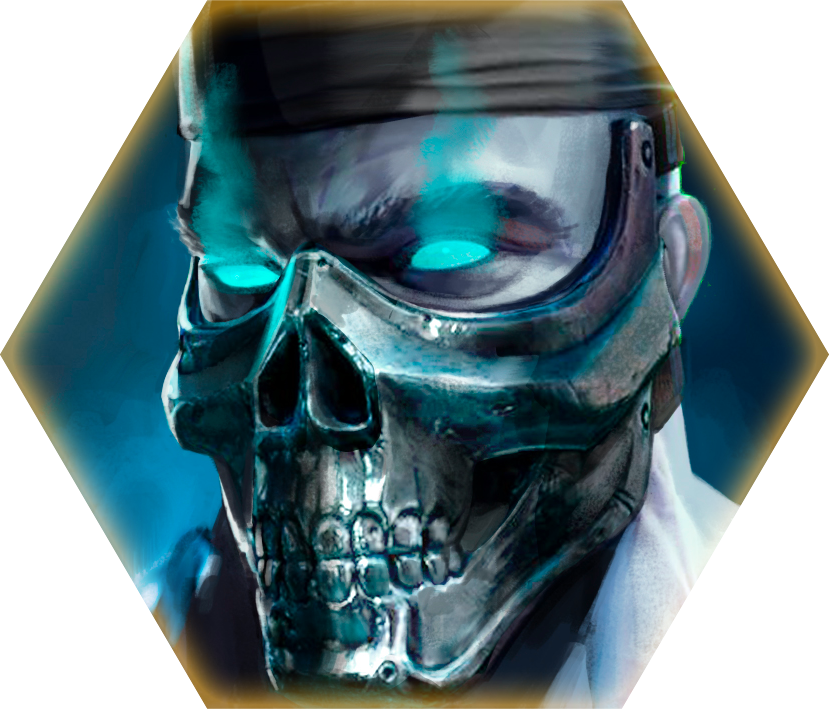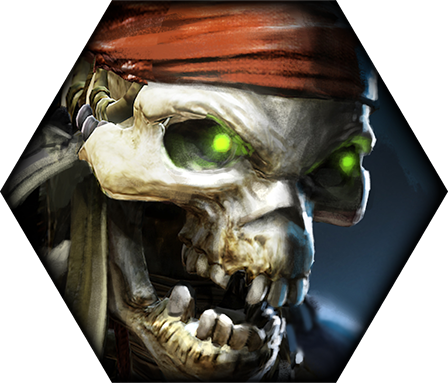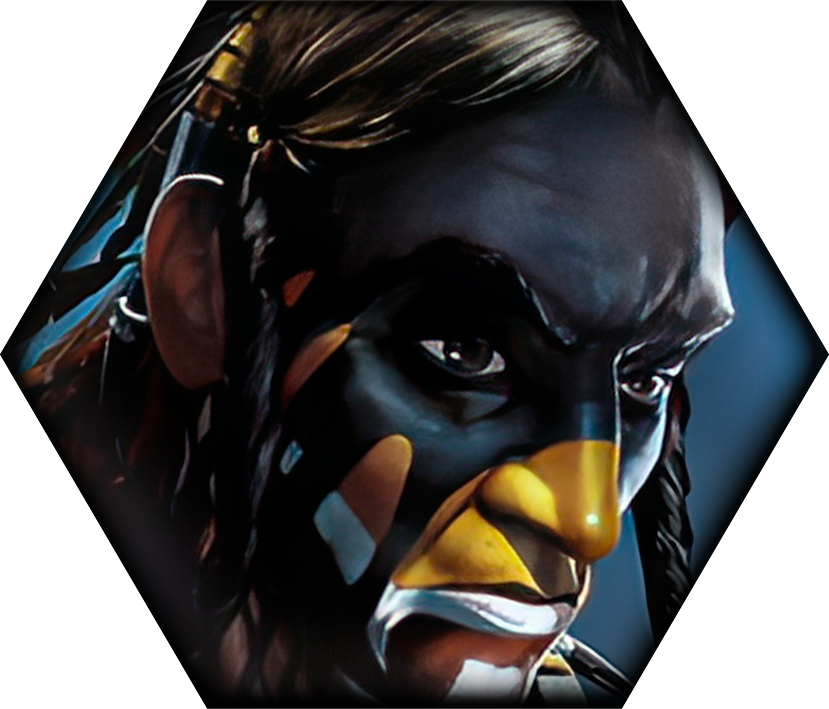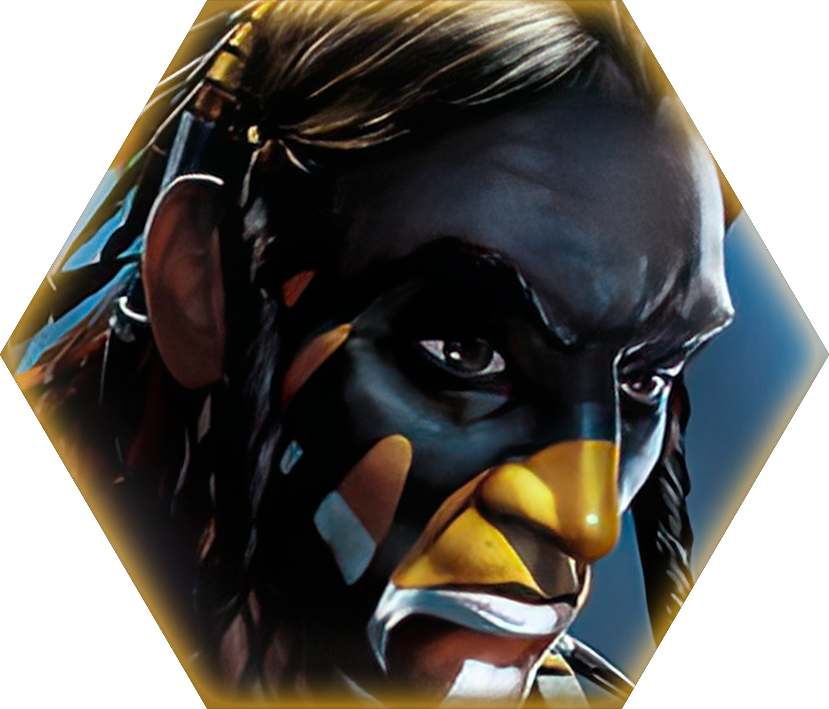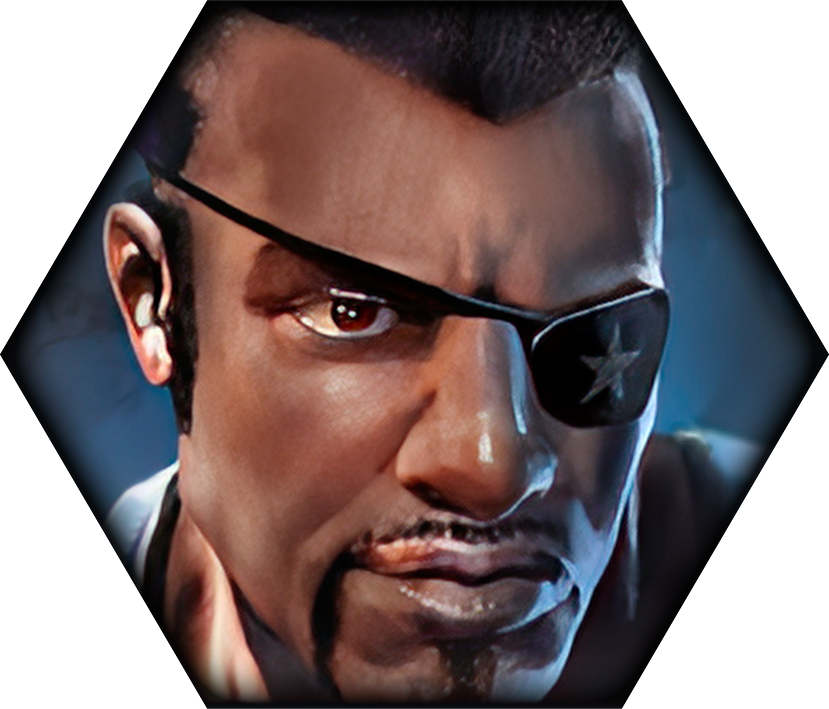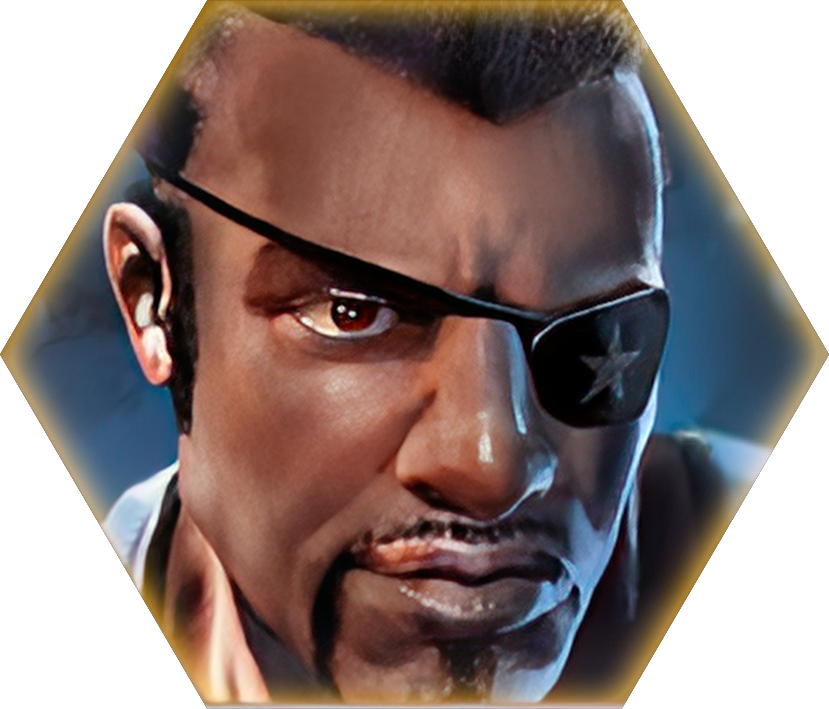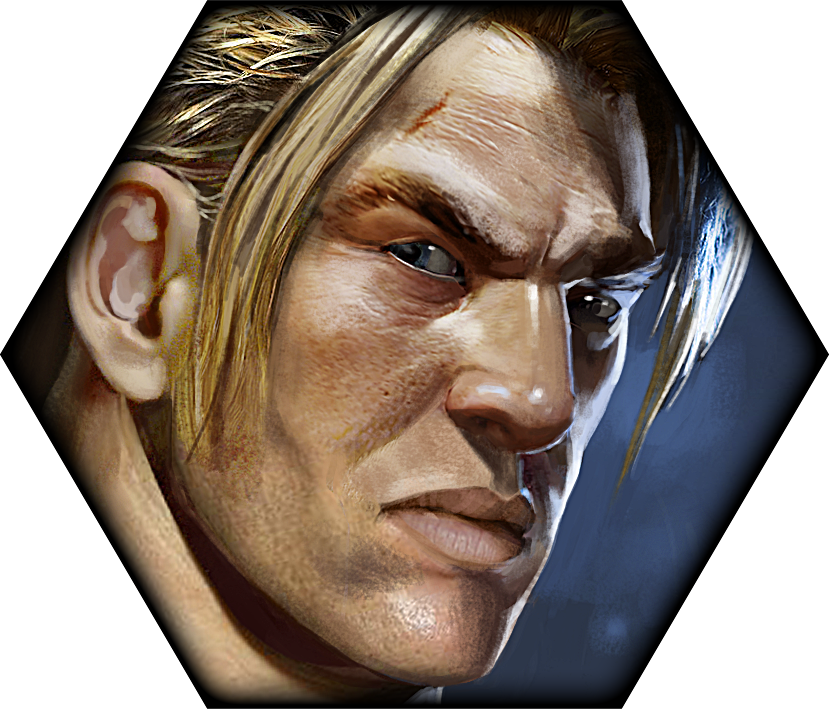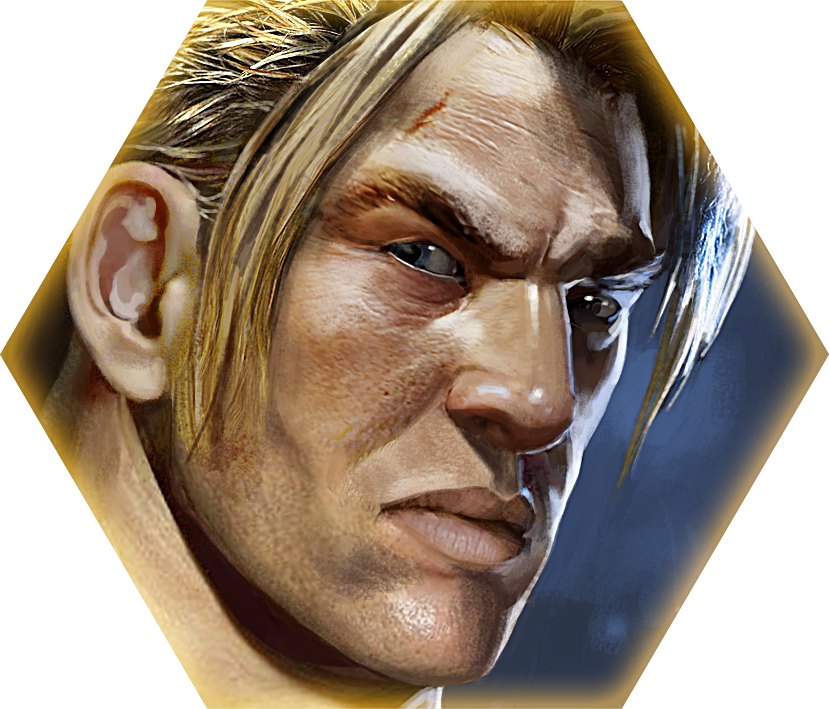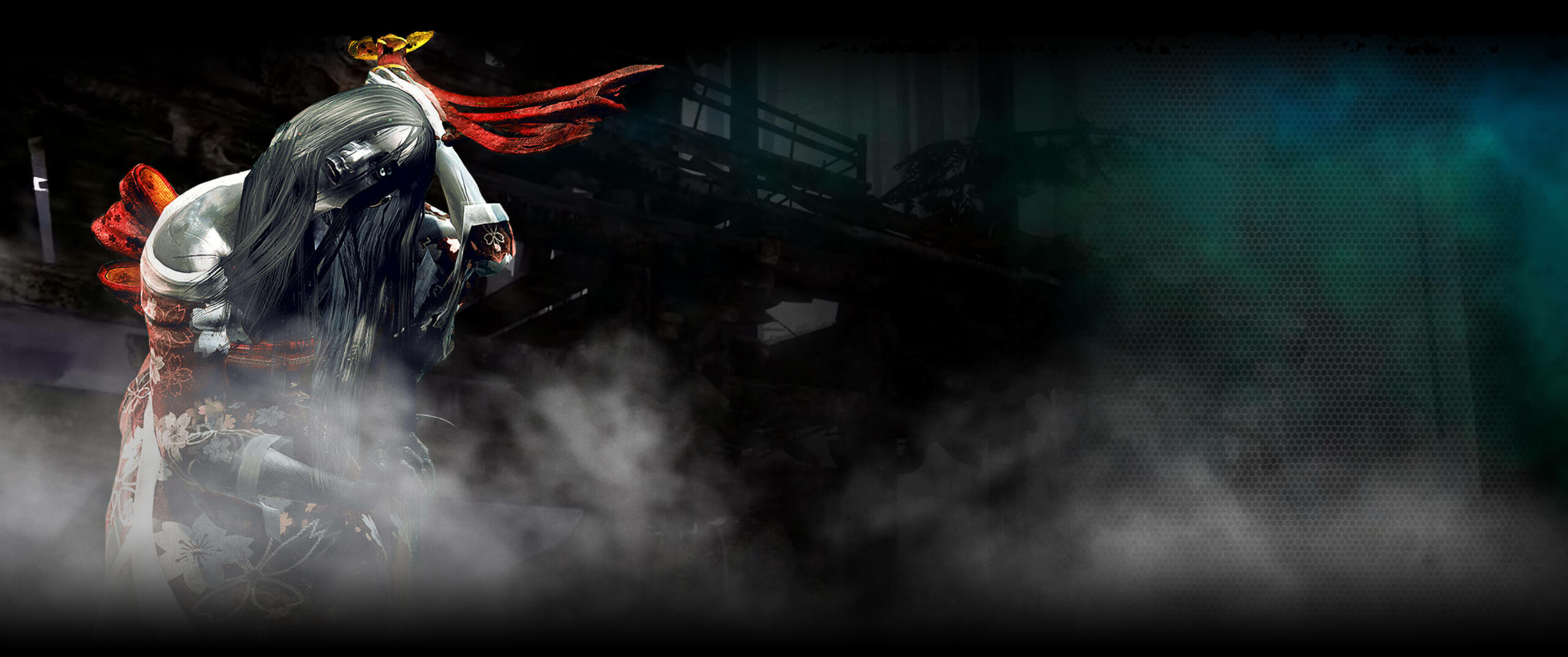
Hisako
UltraTech File - Hisako
The year that Chiharu was born the peach tree blossoms clung to their trees longer than anyone could remember, and so her mother and father gave her a name that meant “One thousand springs.” She was the eldest daughter of a rōnin—a samurai without a leader. For her father’s shōgun had been assassinated by a rival, and Chiharu’s father had returned to the village of his birth to start a family and become a farmer.
Being descended from a famous onna-bugeisha (a female samurai), Chiharu’s father felt that it was his duty to train his eldest daughter in the arts of war. The times were dangerous with many warring clans, renegade shōguns, and bandits on the roads; and every member of the village needed to be capable of bearing arms in case of invasion. Around his neck he always wore a strip of red cloth torn from his late shōgun’s battle banner in remembrance of him.
Chiharu became adept with sword and bow, but her weapon of choice was the naginata—a long pole with a blade on one end. It was the same weapon that her ancestor had used, and it was good for keeping the enemy at bay as well as unseating horsemen. Her father told her that she would inherit the naginata upon his death. But he gave her a Ninja’s weapon called the neko-te—the cat’s claw. It was a gold blade that fit over her finger and could be laced with poison. Chiharu was to use this if any man ever tried to abduct her.
When Chiharu wasn’t training she worked diligently in the fields side by side with the men and women of the village. But every action she performed was done with the intention of practicing her military art. The planting of a rice shoot was the same as the downward motion of a katana sword thrust. The pulling of a weed mimicked a defensive naginata maneuver.
One day a traveling theatrical group came to the village and performed a puppet show called The Story of the Ghost Wife—the tale of a woman who died and then came back from the dead only to murder her husband’s new bride by ripping off her head. The Ghost Wife’s puppet scared Chiharu with its pale skin and long wild black hair. For years afterward she had nightmares about it.
When she was about to turn nineteen a young aristocrat passed by the village on horseback. He saw Chiharu fetching water from the river and instantly wanted her, teasing her about her mud-caked feet. He tossed a beaded prayer bracelet on the ground and mockingly asked her to marry him, but Chiharu laughed in his face. She wanted to be a samurai, not somebody’s housekeeper. Especially not for a prissy-looking oaf like him. The wealthy young man—the son of a vicious renegade shōgun—became angry and drew his sword, and so Chiharu knocked him off his horse with her bucket, and beat him soundly. The humiliated man jumped on his mount and rode away from the village in shame; and Chiharu continued her training with renewed vigor. She wore the prayer bead bracelet to remind herself to never marry a fool.
Chiharu often practiced in a bamboo forest near the village, cutting down the thick stalks with her katana. A week after her nineteenth birthday, when all of the fruit tree blossoms had fallen and covered the ground like a white carpet, she was training in this spot when she caught her kimono on a sharp piece of bamboo. She ripped off the entire bottom part of the kimono so that she wouldn’t trip on it, and continued until twilight when she became aware that the air was thick with smoke. She sprinted out of the forest and across the fields toward the village. It was on fire! And there were armed horsemen everywhere. She reached into the folds of her robe and slipped on her poisoned cat’s claw.
As she got closer she saw that the invaders had slain many of the villagers. Chiharu ran toward her house, turned a corner and came face to face with a sight that made her knees buckle: her mother, grandmother and two younger siblings lay dead, piled on top of each other like butchered animals, their clothes slashed and their blood staining the stones of the street. And there was her father’s corpse nearby. His head had been cut off, and the red strip of battle banner that he had always worn around his neck lay at her feet. She picked it up with a trembling hand.
Chiharu’s heart broke in that instant…and then it turned to a burning coal inside her breast. She grabbed her father’s naginata, pulling it from his dead hands, then charged the horsemen, screaming at them, calling them cowards, and ripping them apart like a force of nature. Positioning herself between the warriors and some buildings where many of the village children were being held, she fought with inhuman endurance, slaying a dozen of the attackers before succumbing to her own wounds and collapsing on the ground.
The last thing that she saw in this world was a young man’s face grinning at her—the man whom she had spurned by the river. With her dying effort she swiped her cat’s claw across his cheek…and then she died with his screams of anguish echoing in her ears. But Chiharu had not passed in vain. Her act of bravery against overwhelming odds rallied the surviving villagers to fight back, and they drove the soldiers out of the village, shooting many of them dead with arrows as they fled.
Once the fight was over, the people cremated Chiharu with her family, carefully removing the bones from the ashes with chopsticks and placing them in clay urns. They built a shrine for her, to which they regularly made small offerings, burning incense and offering prayers to the brave spirit of the young woman who had saved them from being wiped out. Civil war ravaged the land for decades, but Chiharu’s village endured.
For centuries afterwards local legend told of a mysterious spirit that guarded the ancient village against any intruders. The people who lived in the area called her Hisako which meant “Everlasting Child” because she always appeared in the shape of a teenage girl with muddy feet and a torn kimono. The artificial intelligence ARIA, ever on the lookout for the opportunity to study and observe phenomenon outside of normal human existence, couldn’t resist the chance to meddle.
ARIA orchestrated the defiling of the shrine and ancient graves, causing the ghost of Hisako to return from her long rest in the Astral Plane. The girl sought to recover the artifacts that were stolen from her family’s plot by the assassin Sadira, and destroy those who had caused the desecration of the protected grounds.
Hunting down the perpetrators, Hisako’s energy dwindled the further she got from her resting place. She finally defeated those responsible for the thefts and went back to her grave. But then she was visited by the spirit of her beloved father who warned her that both the Astral Plane and the mundane world were under impending danger. Hisako must do more than simply guard the sanctity of the family burial grounds and the memory of the girl Chiharu. Now she must become a gatekeeper between the two planes, enforcing balance and fighting a terrible evil.


